Fieldwork
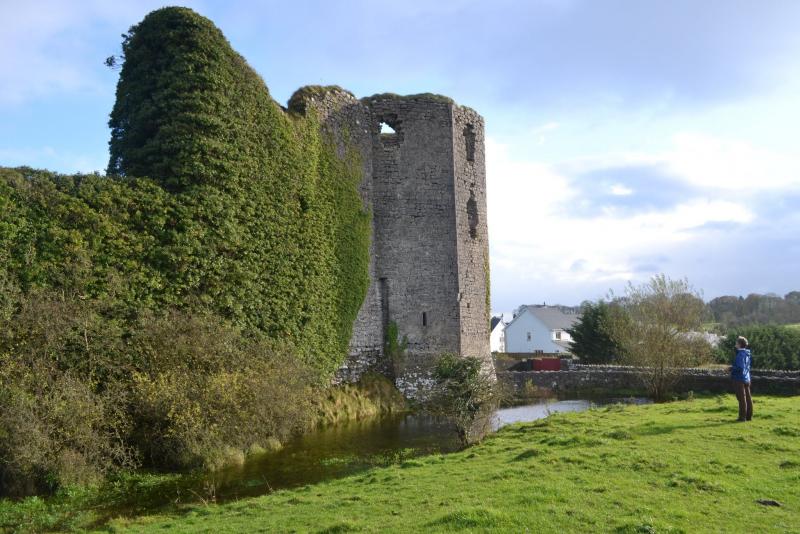
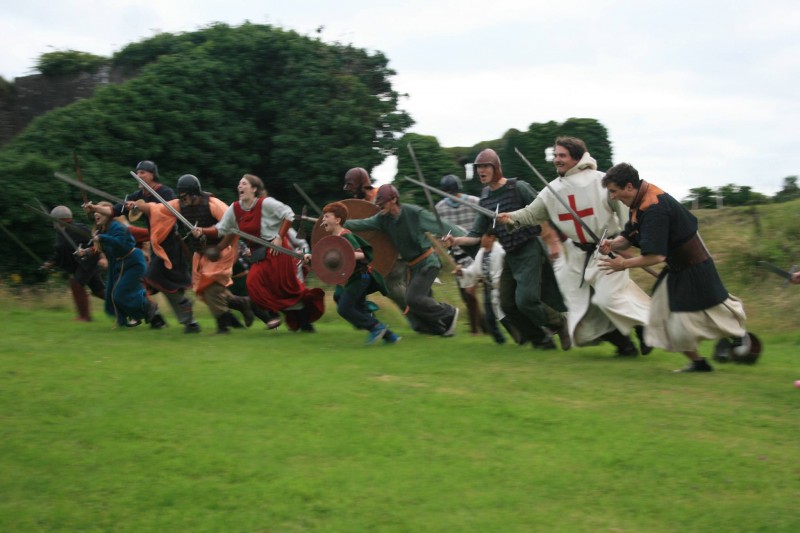

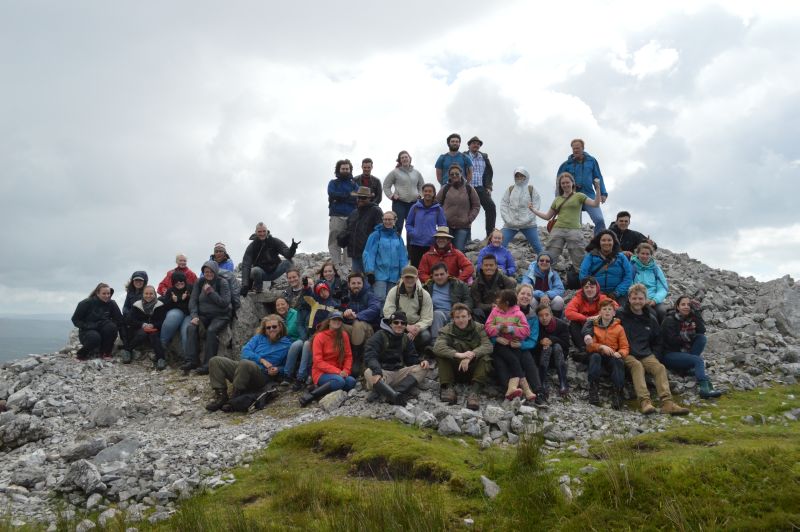

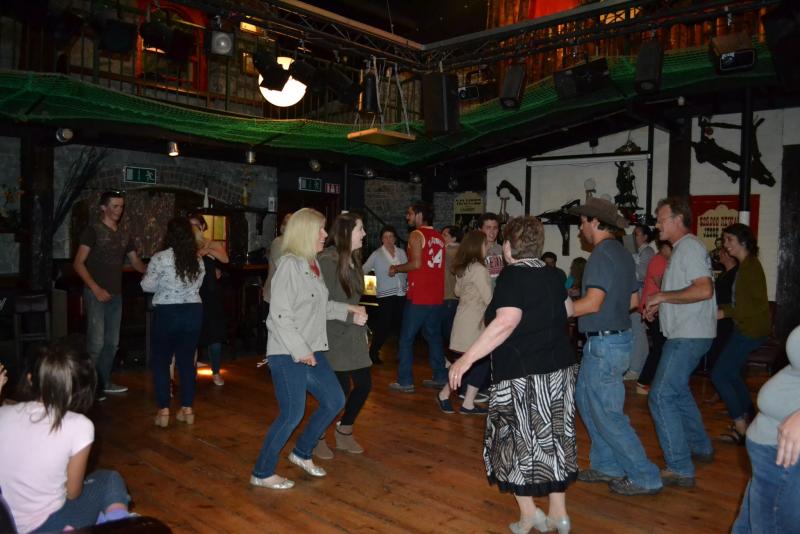
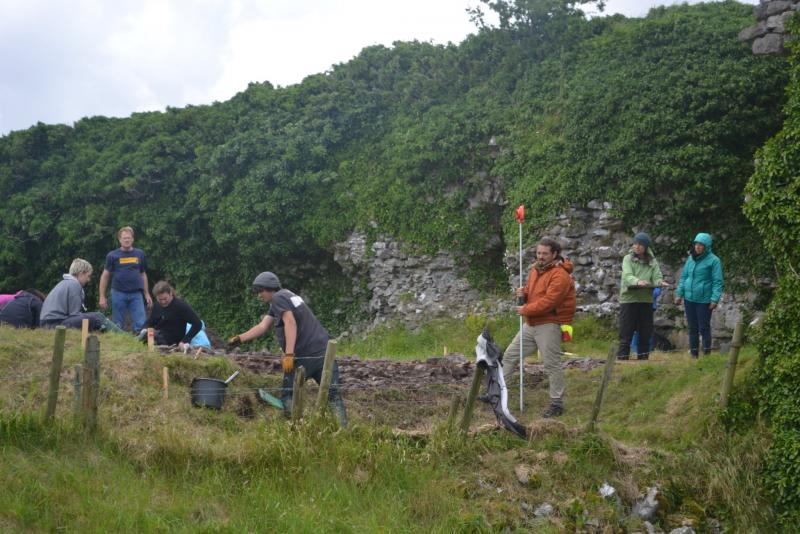
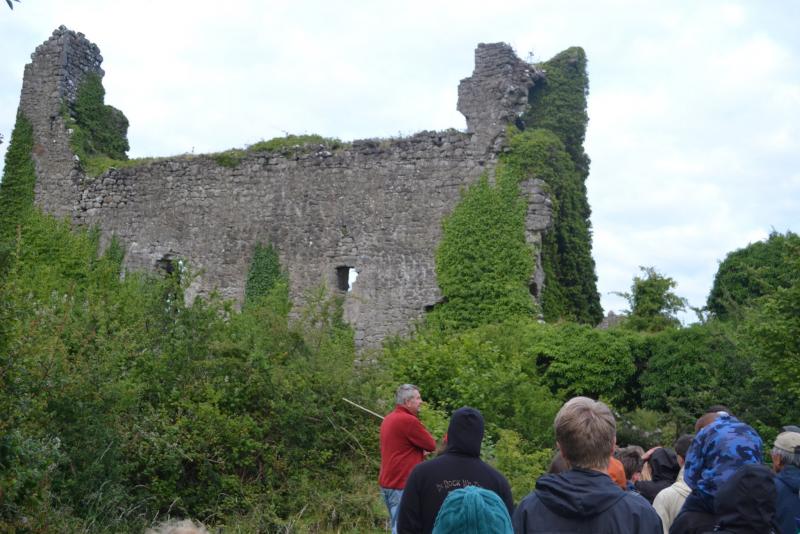
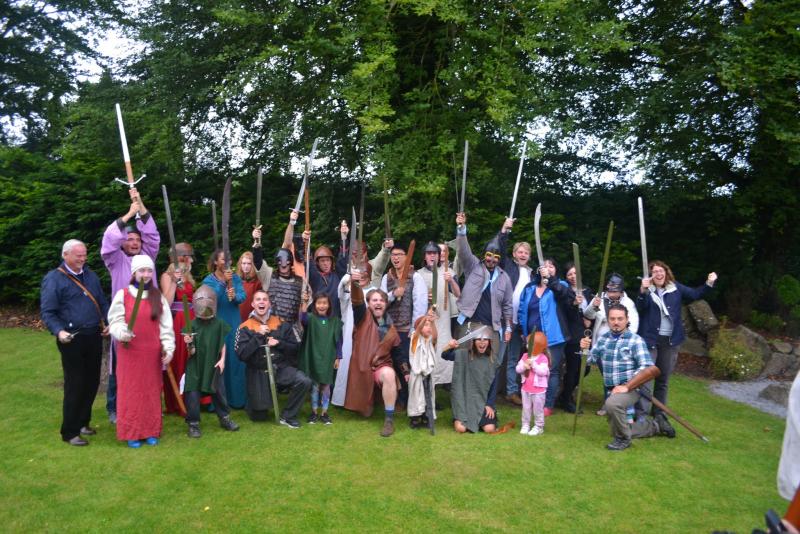
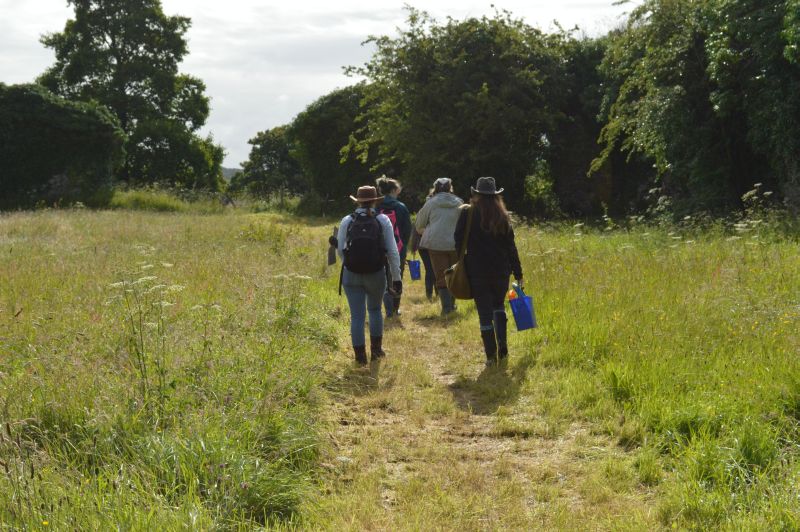
Location: Ballintober, RC, IE
Season: June 22, 2024 to August 1, 2024
Session Dates: June 22nd June to August 1st, 2024 (6 weeks)
Application Deadline: May 31, 2024
Deadline Type: Rolling
Website: https://sites.google.com/view/irelandcastlesincommunities/home
Program Type:
Field School, Volunteer, Staff Position
RPA Certified:
No
Project Director:
Niall Brady (ADCO), Andrew Bair (Harvard University), and Rachel Brody (Boston College)
Project Description:
Welcome to the eighth season of the Castles in Communities Archaeological Field School and Research Project (CIC for short), located in Ballintober village, County Roscommon, Ireland. Nestled in the island’s “hidden heartland,” CIC is designed to serve first-time diggers and more experienced volunteers alike. Imagine a small, quintessential Irish rural community lying in the shadow of a crumbling medieval castle’s ruins, surrounded as far as the eye can see by grazing animals and rolling hills of green grassy fields. At CIC, we pride ourselves in accepting learners of all ages and at different stages in life who want to study a castle, eat, and enjoy music in pubs, followed by a walk home and a warm peat fire.
Our project examines Ballintober Castle—built in the late 1200s by an Anglo-Norman lord—from past to present. One of our primary research goals is to inform our understanding of the past through broadening narratives about colonial encounters between Anglo-Normans and the indigenous Gaelic-Irish. Additionally, we prioritize collaboration with members of the Ballintober community to promote tourism and make the castle safe for visitors. Our project is not just an archaeological field school but an experience in cultural immersion.
The 2024 field season will consist of an intensive six weeks of training. We take a three-pronged approach by rotating students to gain training in archaeological survey, excavation, and laboratory analysis. Our survey team will collect ground-penetrating radar and magnetometry data and guide systematic foot surveys to map the surrounding landscape. In the castle entrance, excavation will commence its fourth year, and we will continue in a block-style cutting, removing the last remnants of the castle’s early modern construction phases and exposing the medieval strata below. Lastly, in the lab, we will continue the critical post-excavation processing of artifacts and floatation of soil samples for plant environmental remains. In addition to daily rotations on-site and in the field, our instructors will give bi-weekly lectures to familiarize students with the archaeology and history of Ireland and take students on guided excursions and field trips to archaeological sites in western Ireland.
You can find an application here and more information on our project website here.
For more detailed information about the project, please see below:
Period(s) of Occupation: Early medieval to early modern Ireland.
Notes:
All experience levels are welcome, including undergrads, grad students, and anyone who wants to do archaeology in Ireland. The project will run for six weeks and is an immersive experience, with the first three weeks providing the fundamentals of archaeological research and field methods, and the second half taking these principles further.
Below is a brief description of the training students will receive from our staff in the field:
Survey
Students will learn how to conduct traditional field walking surveys, using a compass and hand-held GPS units to document visible features and artifact distributions of surface finds.
Gain experience conducting geophysical surveys using magnetometry and ground-penetrating radar.
Auger buried archaeological features to date the broader medieval landscape surrounding Ballintober Castle.
Learn how to operate a drone for aerial surveys and time-lapse photos of the archaeological excavation.
Excavation
Students will excavate a complex multi-strata site and gain experience identifying and recording artifacts and archaeological features.
Lessons in documentation will include training students on how to describe soils and sediments (e.g. Munsell soil charts), work within a Harris Matrix to recognize archaeological features, and draw plan views and profiles.
Laboratory
Wash and bag artifacts for preservation and storage.
Photograph, draw, and enter artifacts into a site database.
Float soil samples for paleoethnobotanical material and sort heavy fractions.
Located centrally, the county of Roscommon is in the west of Ireland near Sligo and Galway. We encourage students on the weekends when we are not on field trips to take advantage of train and bus lines to explore. We also recommend that students take time before or after the project to discover Ireland, the UK, and continental Europe.
Project Size: 25-49 participants
Minimum Length of Stay for Volunteers: 6.0 weeks
Minimum Age: 18
Experience Required: None
Room and Board Arrangements:
Program students will reside in several locations for the six-week duration. Most students will want to stay in Ballintober village in rented homes, which are exceptional experiences each year, especially for our students who want a full immersion in rural Irish life. In addition, we rent self-catering cottages at the manorial estate of Clonalis, located in the nearby town of Castlerea and just a 10-minute drive from the castle. Project fees include transportation to and from Clonalis each work day and transportation on all project field trips.
Students will be living and working with the people of Ballintober, and the food reflects this, as local Irish cooks prepare all weeknight project team meals. We provide groceries and fully stock houses for students to prepare breakfast and lunches. We are well prepared to welcome vegetarians, vegans and will strive to accommodate all diets.
Cost: $6200 for six weeks. The program fees do not include plane and related fares.
Academic Credit:
We do not offer credit courses. This program is for you if you do not need credits but want the experience. Each participant will receive a certificate upon completion of the program. Many colleges and universities allow you to exchange field school experience for credits; please check with your departmental undergrad advisor or academic dean. Courses will mirror standard offerings but not be for credit. For instance, in past years, when running through Foothill College, we have offered the following courses for credit: ANTH 12 Applied Anthropology (4 units), ANTH 52 Archaeological Field Methods (4 units), ANTH 67C Cultures of the World: British Isles (4 units), ANTH 51: Archaeological Survey (2 units), and ANTH 17L: Archaeology Laboratory (2 units).
Andrew Bair and Rachel Brody
11 Divinity Ave, Cambridge MA 02138
MA
02138
United States
Phone: 215-317-9321
The AIA is North America's largest and oldest nonprofit organization dedicated to archaeology. The Institute advances awareness, education, fieldwork, preservation, publication, and research of archaeological sites and cultural heritage throughout the world. Your contribution makes a difference.